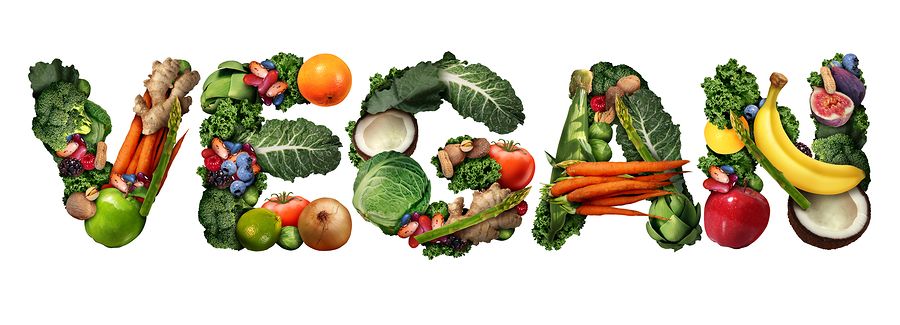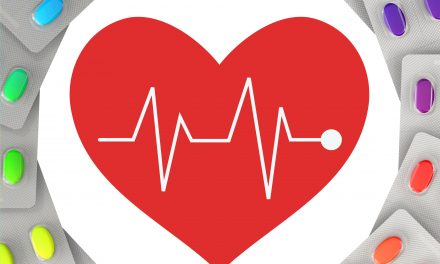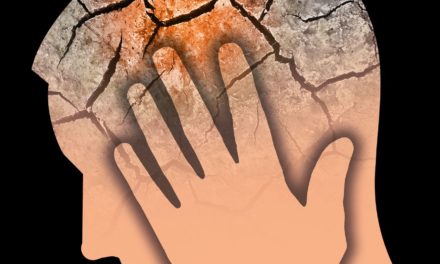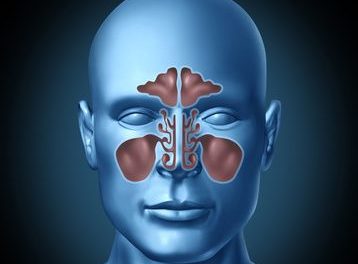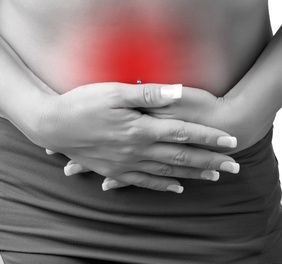While it is possible to get all necessary nutrients in a vegan diet, few do so and it is a good idea to supplement. Vitamin B12 is only found in animal products and it is a good idea for vegans to take B12 supplements. It is possible to obtain B12 from healthy bowel flora, but few have intestinal function that is healthy enough to supply adequate B12. According to research appearing in Clinical Chemistry (2001;47:1094-1101), vegans have poor antioxidant status, high homocysteine levels and poor antioxidant status when compared to non-vegetarians.
Vegans also tend to be deficient in vitamin A, zinc, and calcium. The omega-3 fatty acid, DHA (docosahexaeonic acid) is also difficult for vegans to obtain without supplementation. It is necessary to consume animal products, especially fish, to obtain DHA.
Vegan mothers who breast-feed should make sure that they are taking extra B12. Vitamin B12 is necessary for brain development and deficiency can result in growth retardation and brain atrophy in the newborn. This is supported by research appearing in the European Journal of Pediatrics (1991 Jan; 150 (3) 205-8) and the Journal of Obstetrics, Gynecology and Reproductive Biology (2005 Oct;34(6):610-2). Similarly, the lack of DHA in a mother’s diet will adversely affect the development of the child’s nervous system.
Another issue for vegans is that it is difficult to get complete protein. By definition, a complete protein has all essential amino acids. Animal products tend to contain all of the essential amino acids. Vegetarian sources tend to be incomplete. You can get all of your essential amino acids in a vegan diet; it is just a little bit more difficult.

